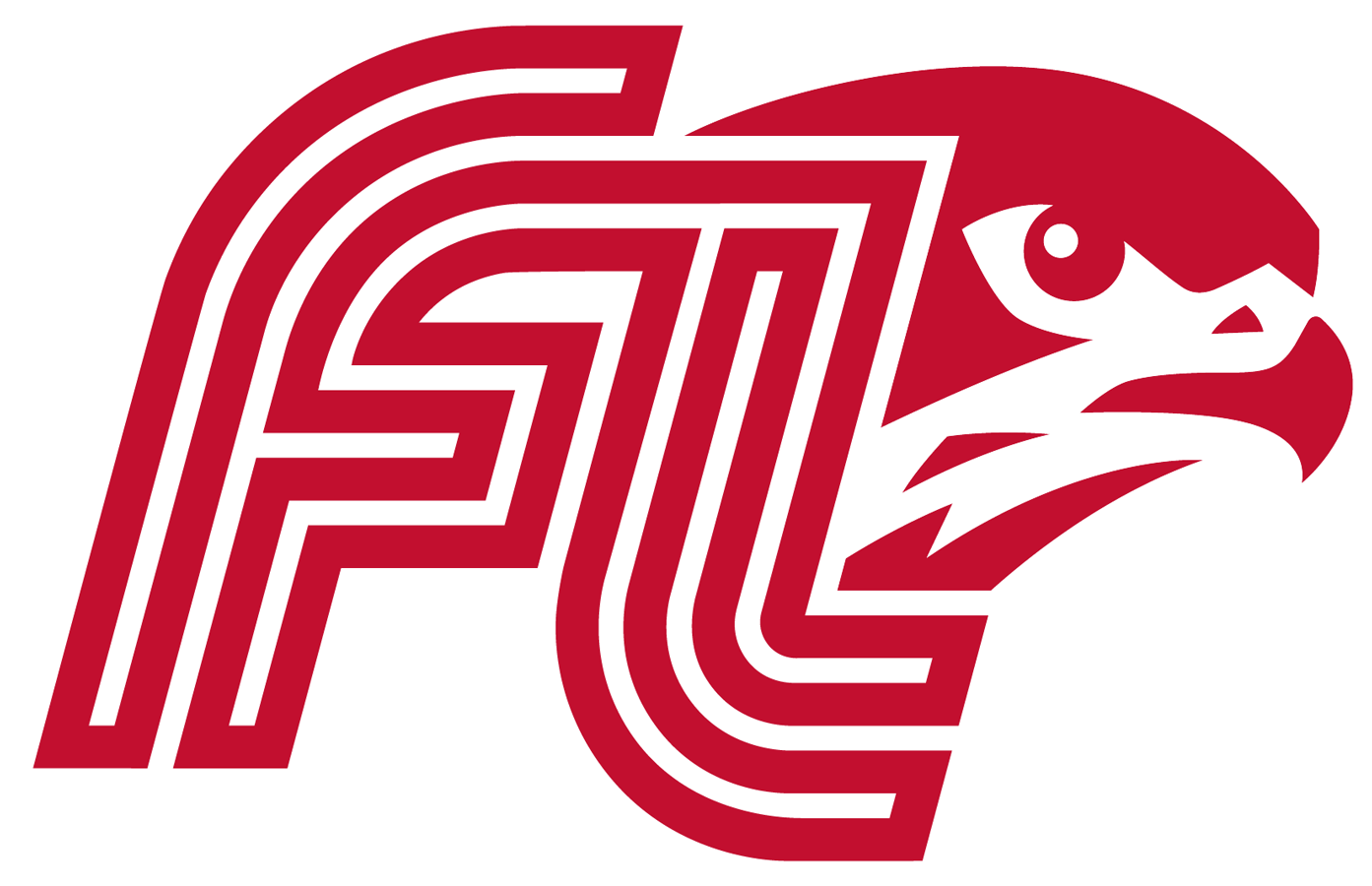Skip to content
Show submenu for About
Show submenu for Academics
Academics
Departments & Services
Show submenu for For Students
Show submenu for For Parents
For Parents
Show submenu for For Staff
For Staff
Show submenu for Contact Us
Contact Us
Show submenu for
